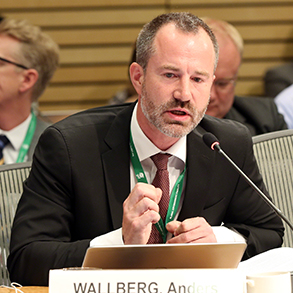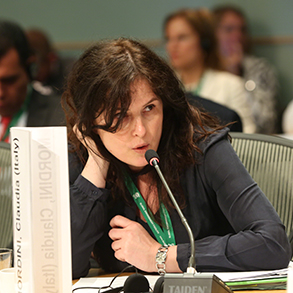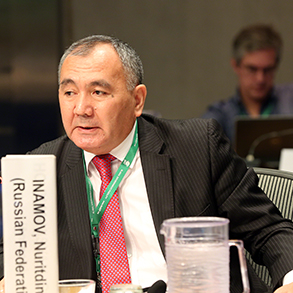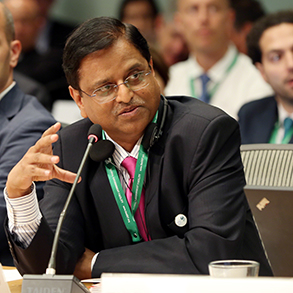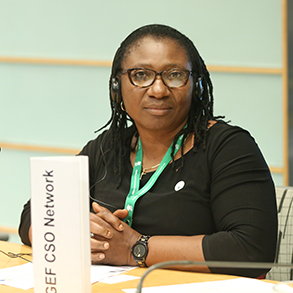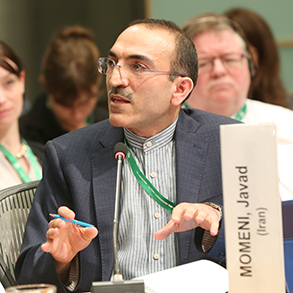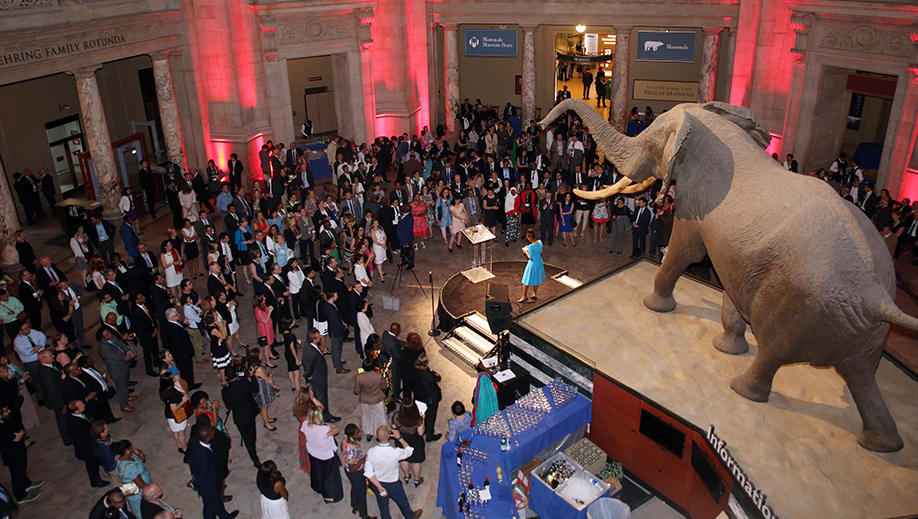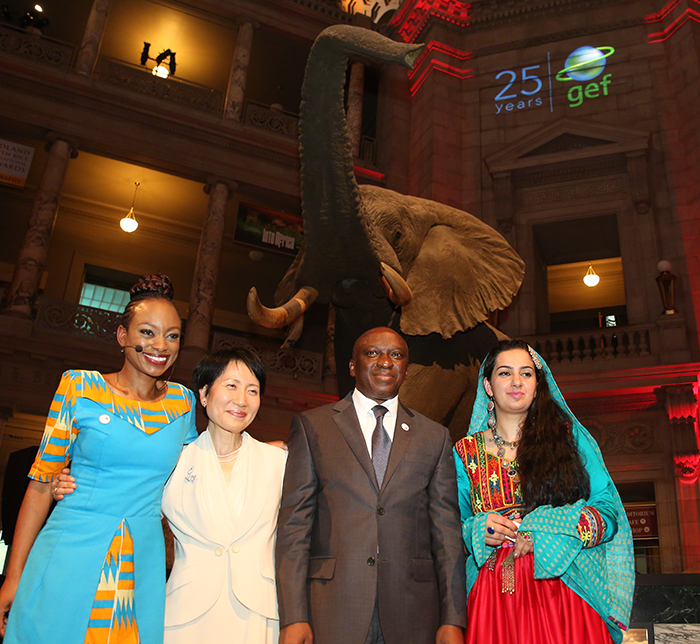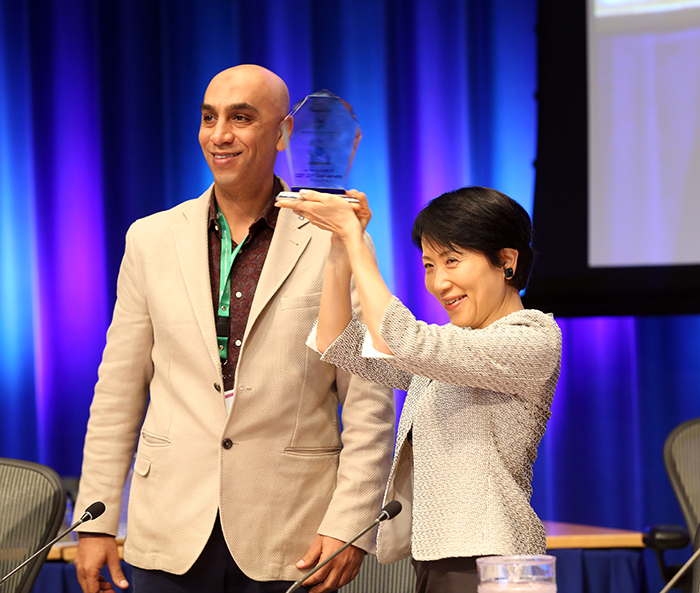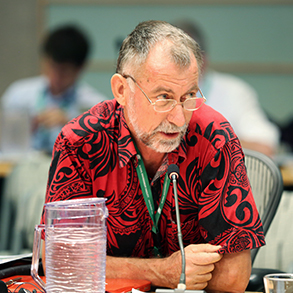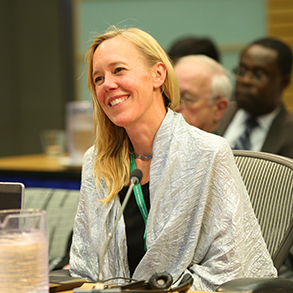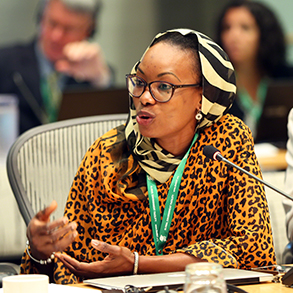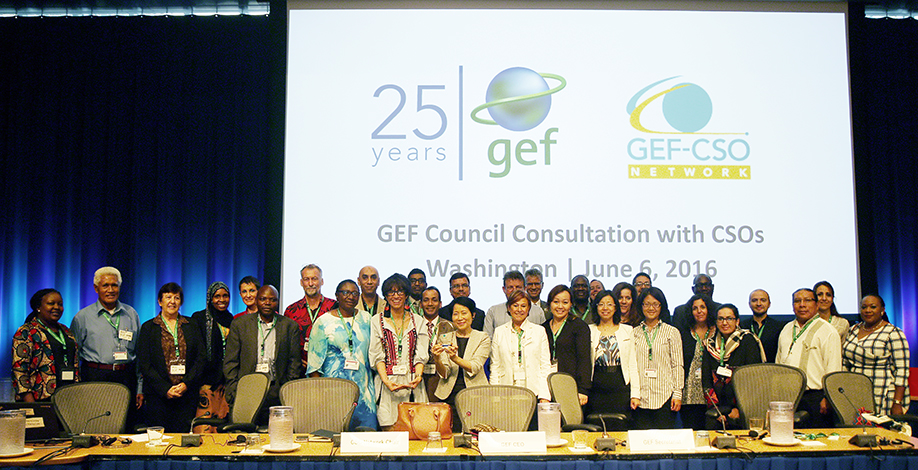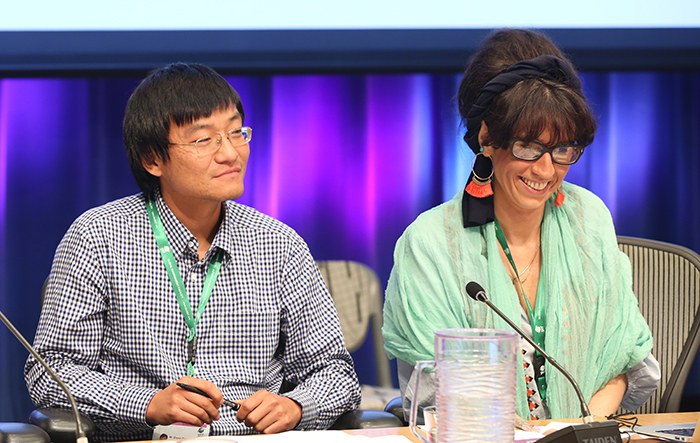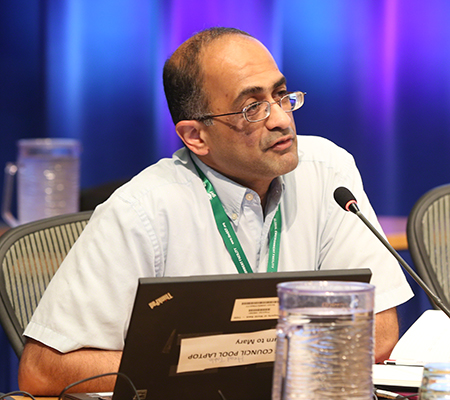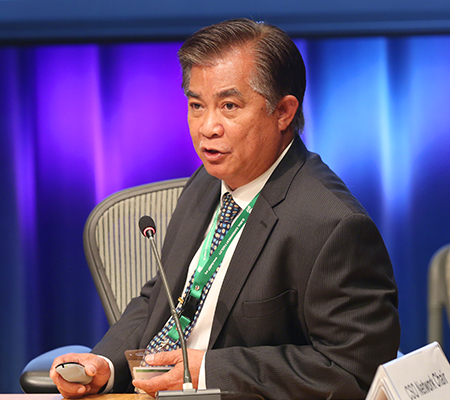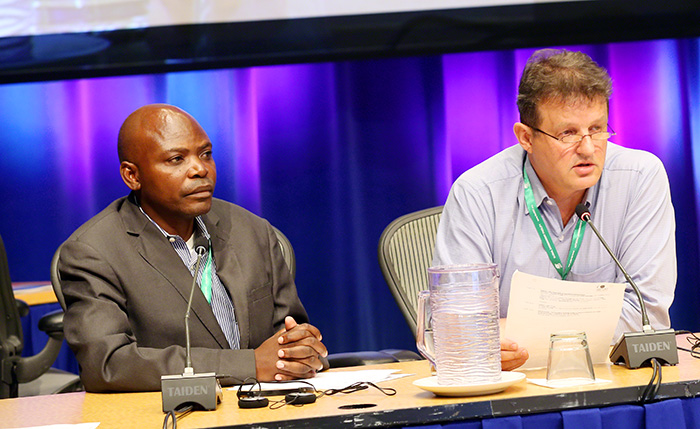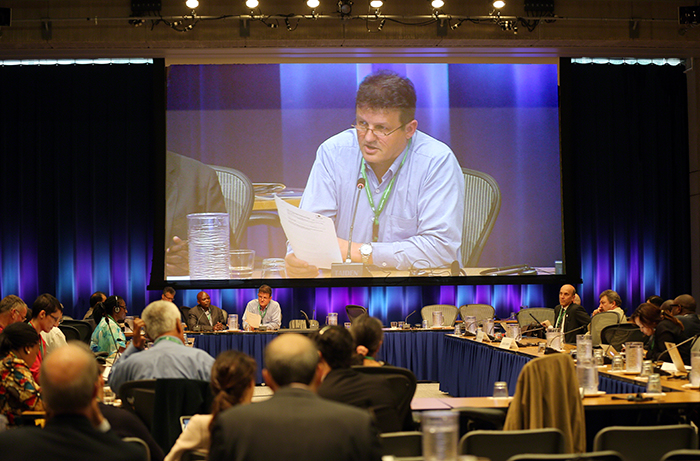|
Lisa Elges, RFP Europe, chaired the panel on the “Future Strategic Role of GEF.” Anand Patwardhan, STAP Panel member for Climate Change Adaptation, highlighted initial thinking on GEF-7, including considering how the GEF can build on its ability to support new ideas, innovation and integration. He said knowledge management should have a central role, along with a strengthened internal and external environment to capture lessons from projects.
Claus Pram Astrup, GEF Secretariat, called for attention to, inter alia: the context in which the GEF operates and how that has changed; the importance of country ownership; the GEF’s role in the evolving architecture for climate financing and in the discussion on resilience; and how the GEF can align itself with countries’ broader policy priorities.
Leonardo Martinez-Diaz, US, suggested ensuring the sustainability of projects on the ground and making the GEF more user-friendly, among other ideas.
Essam Nada, GEF-CSO Network, emphasized focusing on change at the community level. Lisa Elges, for Transparency International, said the GEF should develop a robust ethics and conflict of interest policy for Council members.
Delfin Ganapin, GEF-SGP, highlighted that the SGP has supported over 20,000 projects through grants of up to US$50,000, and reviewed ideas for the future, including using the SGP as a “Grants-Access Convener,” which would provide services to help CSOs access other grants and donors.
A panel on “GEF Future Role in Convention Implementation” was co-moderated by Patricia Turpin, RFP Caribbean, and Victor Kawanga, RFP Southern Africa. Turpin said GEF activities supportive of the Convention on Biological Diversity (CBD), UN Convention to Combat Desertification (UNCCD), UN Framework Convention on Climate Change (UNFCCC), Stockholm Convention on Persistent Organic Pollutants (POPs), Minamata Convention on Mercury and Montreal Protocol on Substances that Deplete the Ozone Layer also focused on SDGs implementation.
Edna Kaptoyo, indigenous peoples’ representative, invited the GEF to support indigenous peoples through policy, a sustainable voluntary fund, capacity-building workshops and medium-sized grants.
On the establishment of the Capacity-building Initiative for Transparency (CBIT) Trust Fund, Lisa Elges, RFP Europe, identified the need for clear benchmarks on transparency for finance and clarity on how it will complement other initiatives, including the SDGs.
Chizuru Aoki, GEF Secretariat, highlighted synergies among, and integration of agendas across, GEF-supported multilateral environmental agreements.
Melchiade Bukuru, UNCCD Secretariat, highlighted the GEF as the “financial integrator” of SDGs implementation.
Yibin Xiang, CBD Secretariat, characterized the GEF as a “bridge between global commons and national priorities.”
|
|



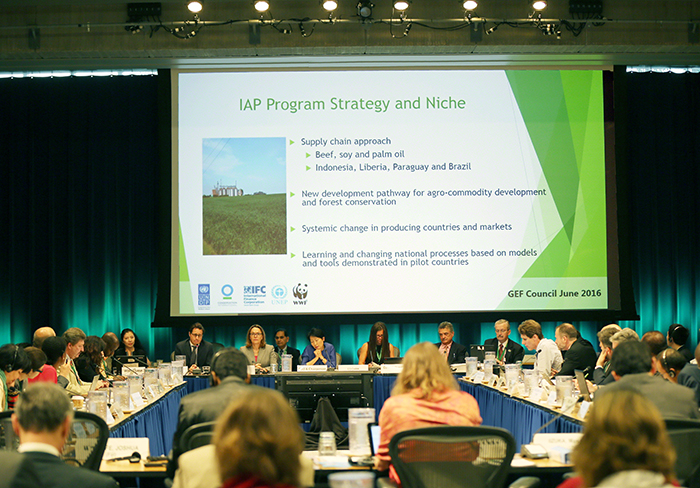
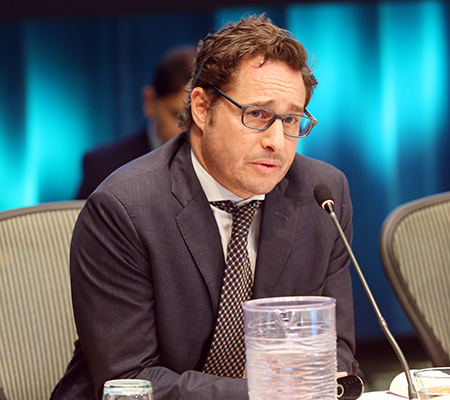
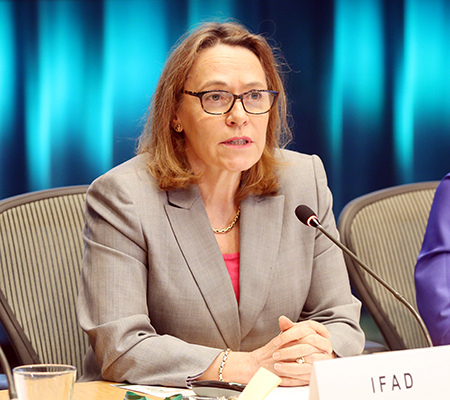
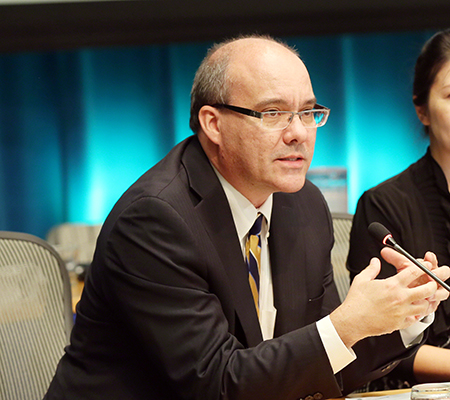
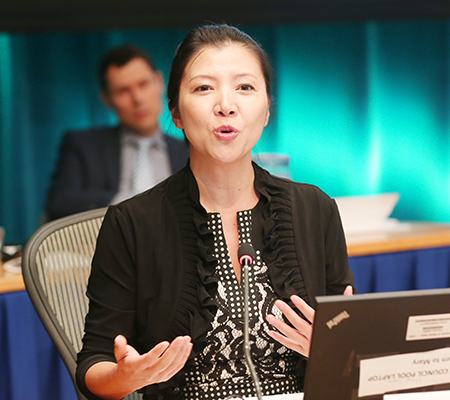
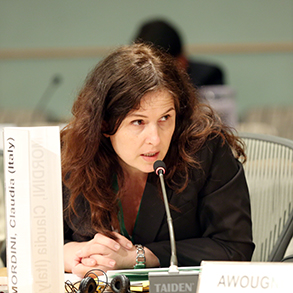
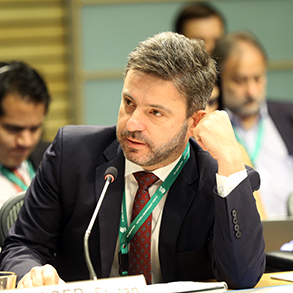
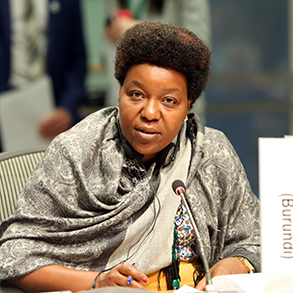
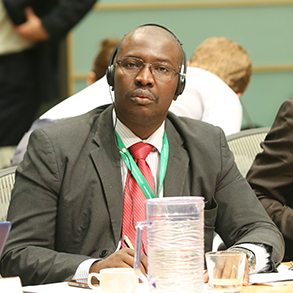
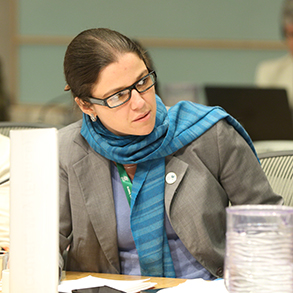
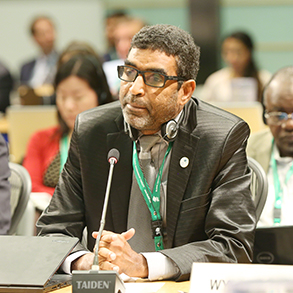
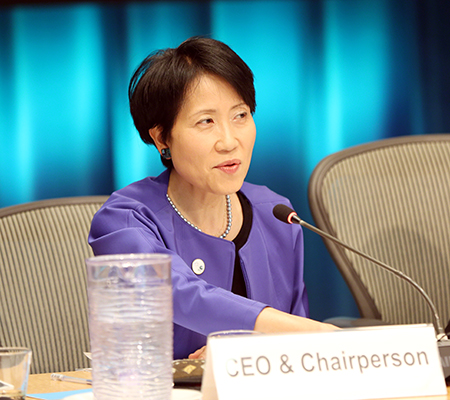
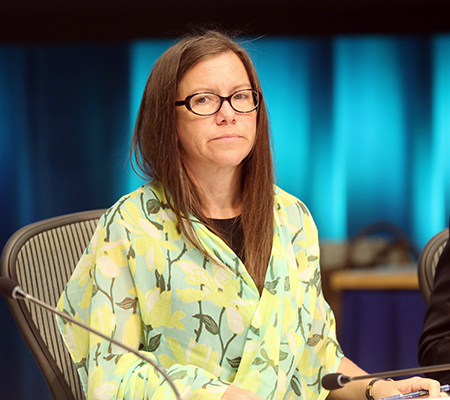
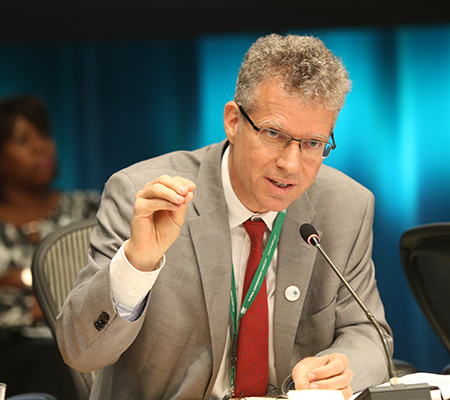
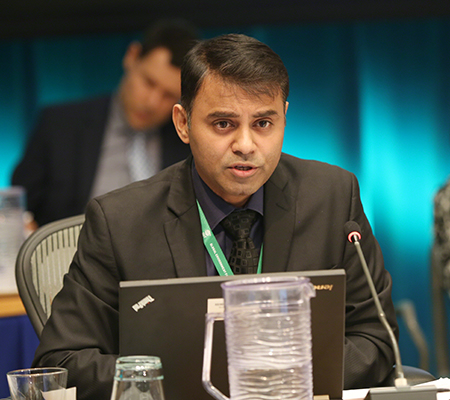
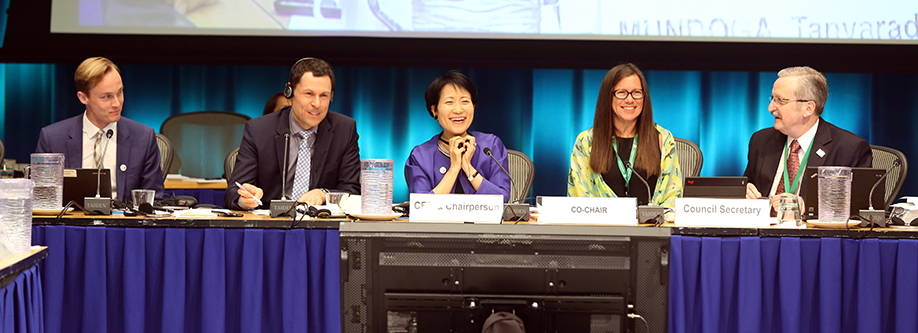
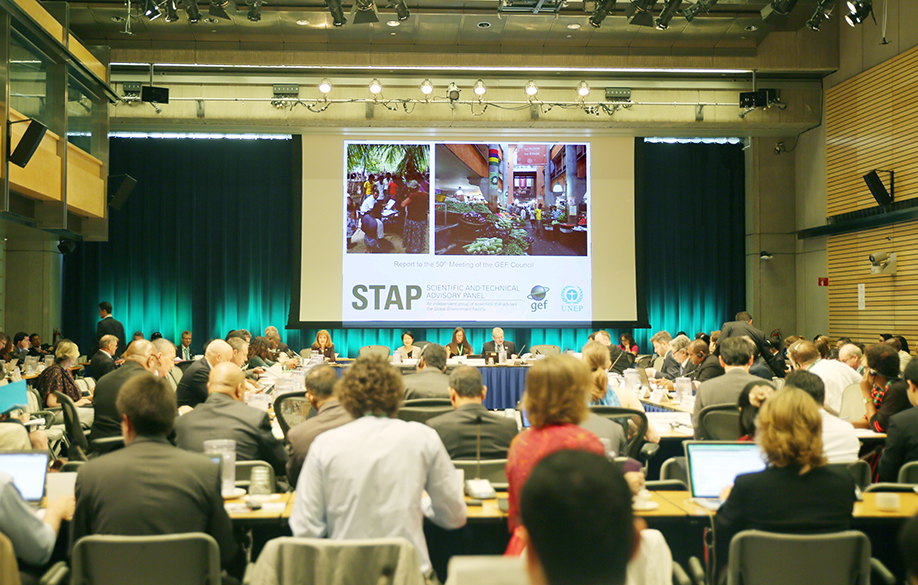
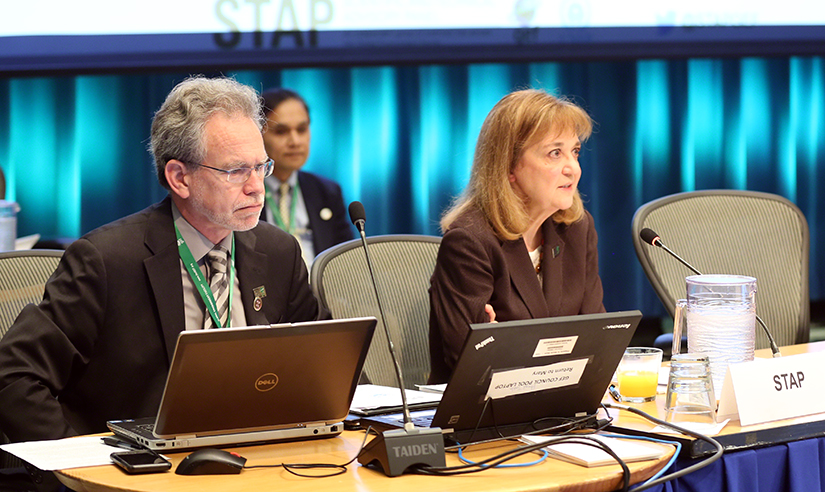
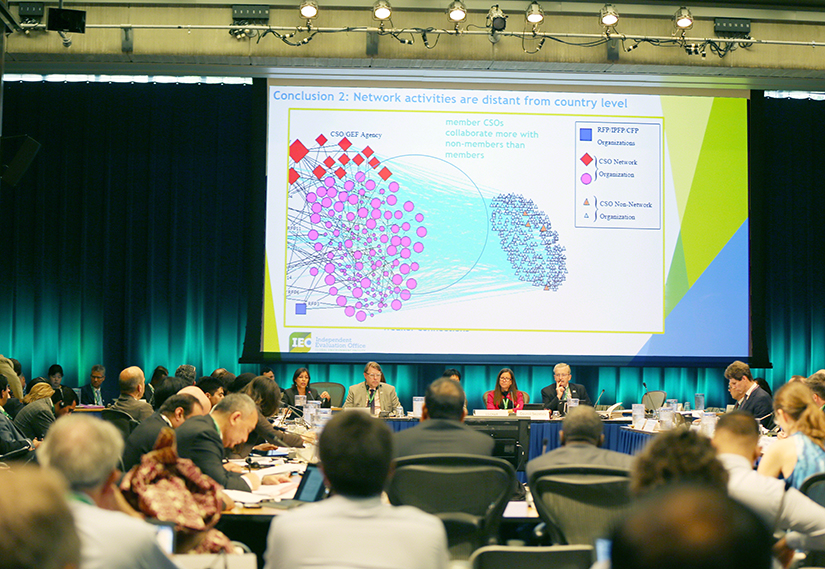
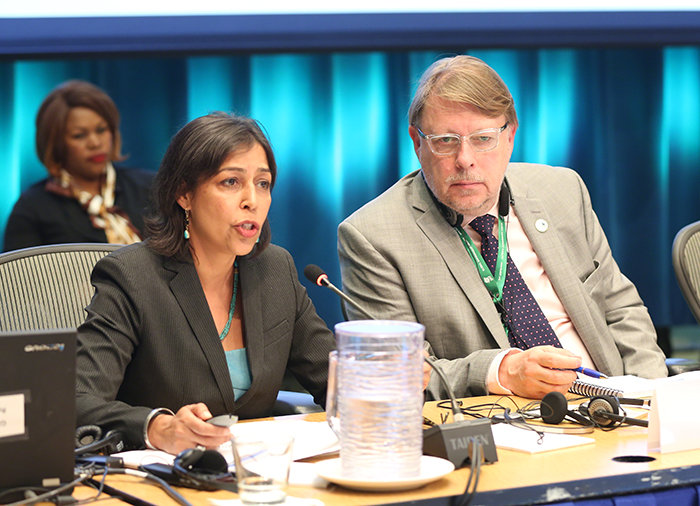
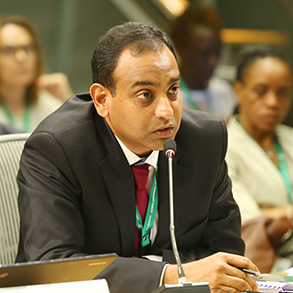
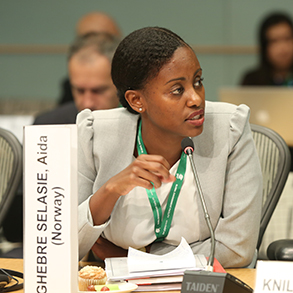
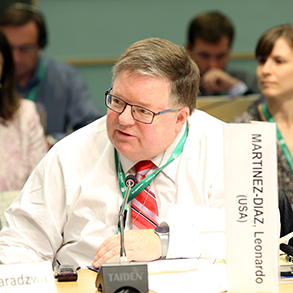 Daniel Reifsnyder, US
Daniel Reifsnyder, US
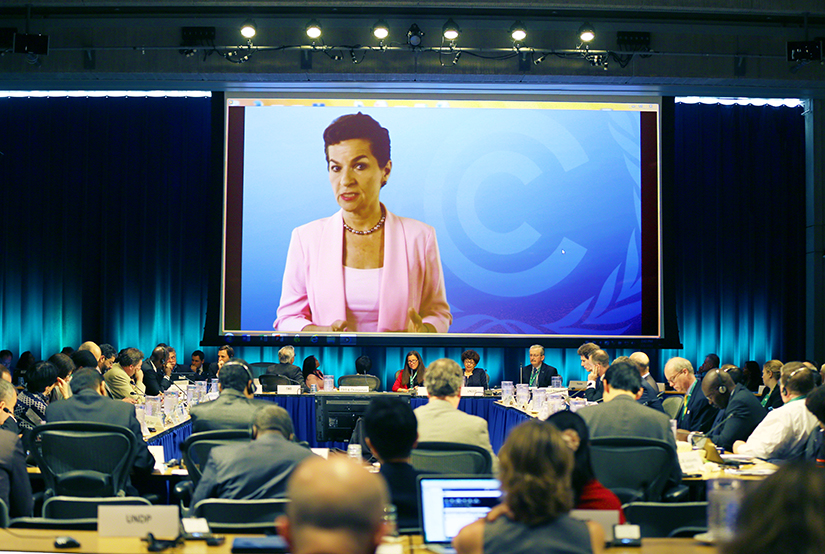
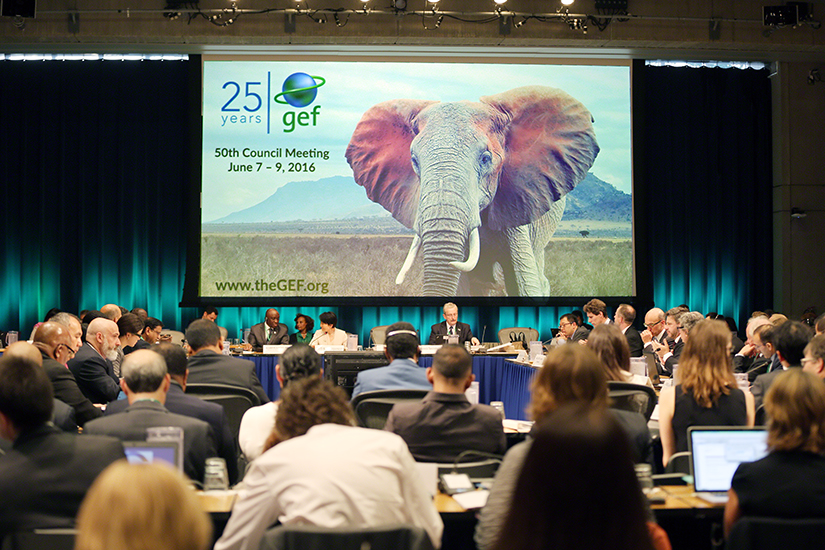
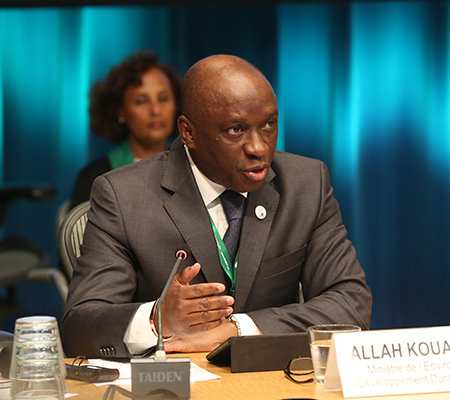
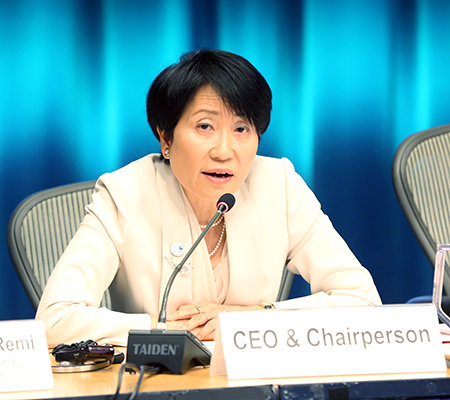
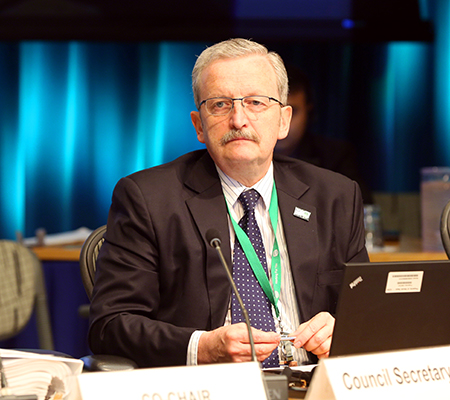
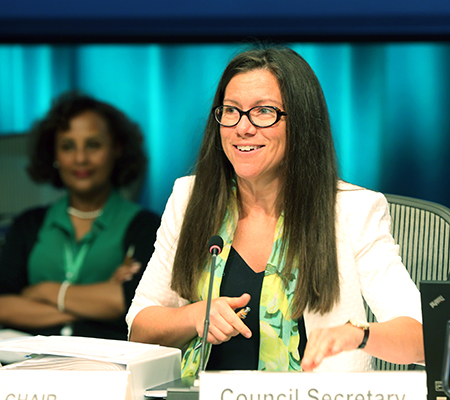 Co-Chair Caroline Leclerc, Canada
Co-Chair Caroline Leclerc, Canada